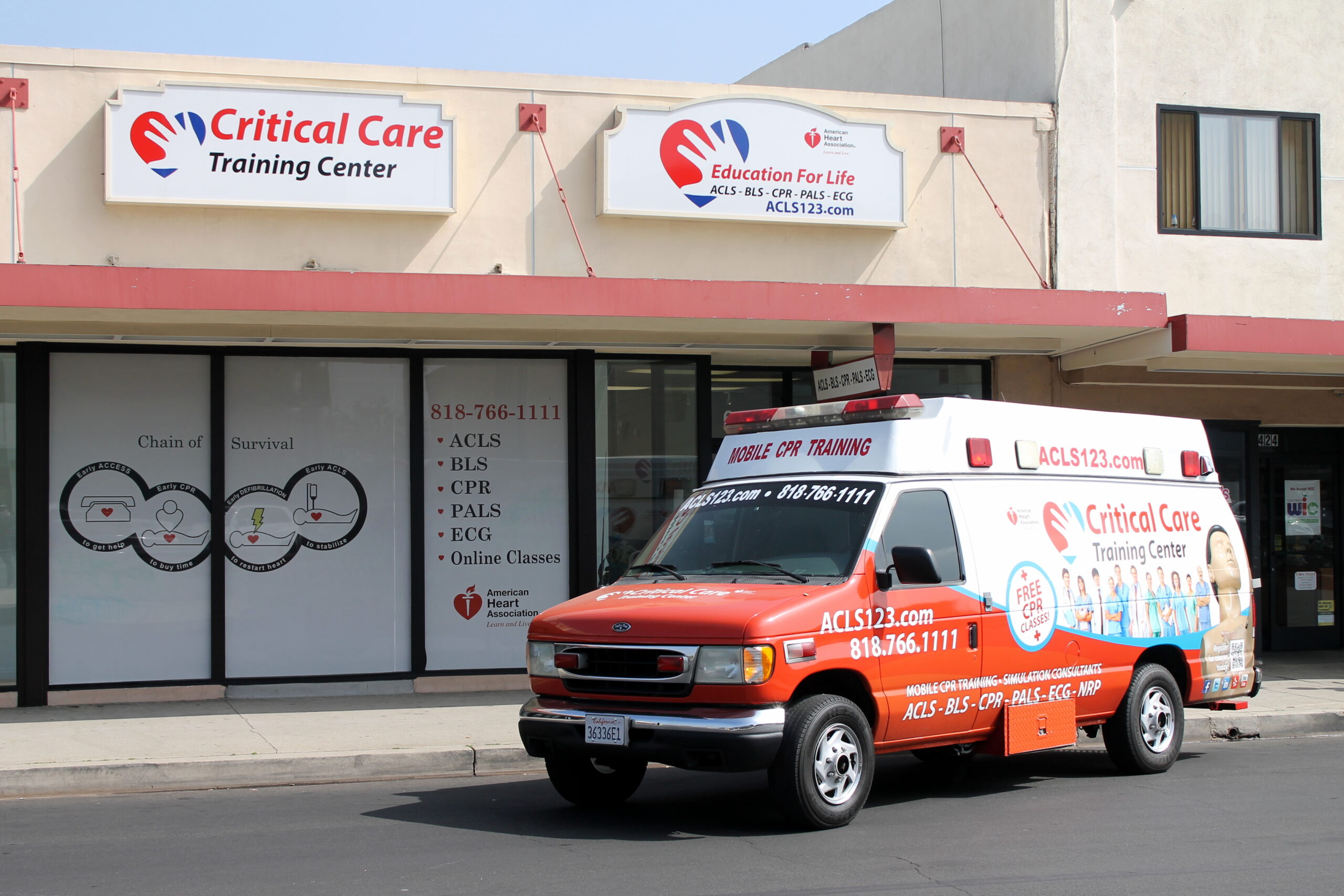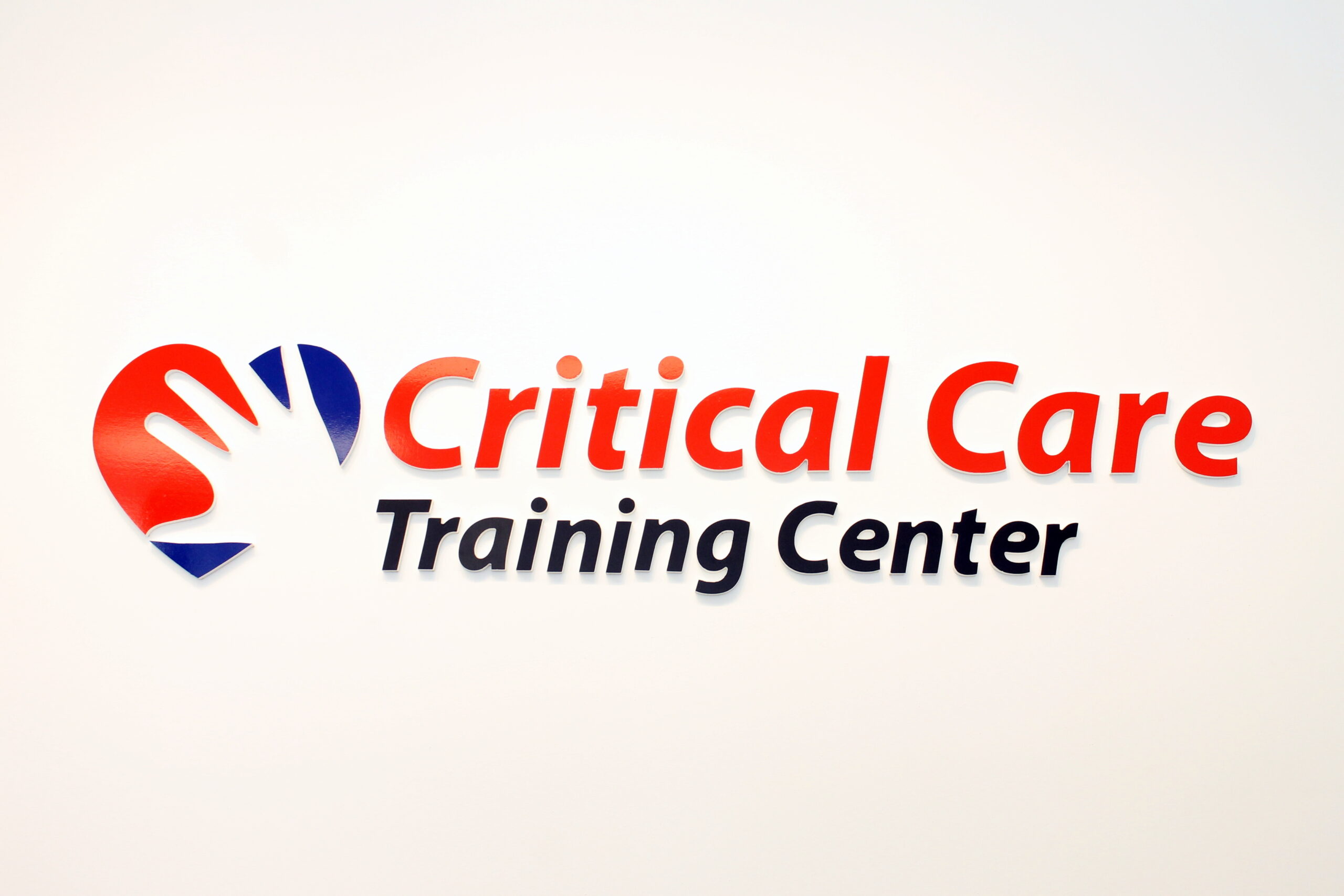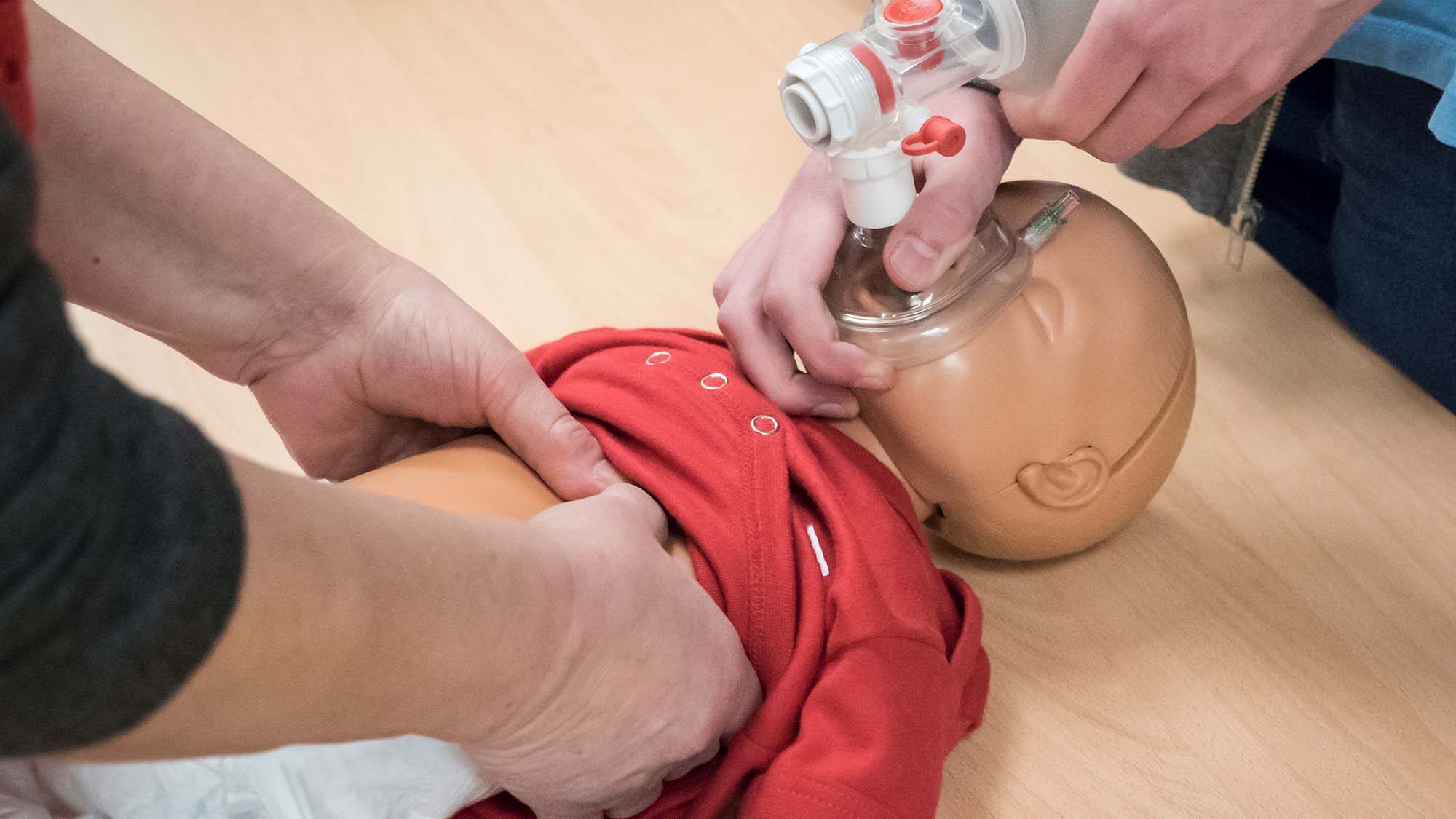Essay by: ISP053
The importance of providing chest compressions is to provide blood circulation throughout the body. By doing this first, we decrease the chances of brain damage due to lack of blood circulation to the brain. With every chest compressions, we manually pump the heart to circulate the blood throughout the body. There is also small air intake with the chest compressions. Recently, in some cases, American Red Cross advises to administer chest compressions without breaths. With this reordering steps of CPR, the chances of brain damage are reduced.
Guidelines for health care professionals from the American Heart Association are followed (see Figure: Adult comprehensive emergency cardiac care.). If a person has collapsed with possible cardiac arrest, a rescuer first establishes unresponsiveness and confirms absence of breathing or the presence of only gasping respirations. Then, the rescuer calls for help. Anyone answering is directed to activate the emergency response system (or appropriate in-hospital resuscitation personnel) and, if possible, obtain a defibrillator.
If no one responds, the rescuer first activates the emergency response system and then begins basic life support by giving 30 chest compressions at a rate of 100 to 120/min and then opening the airway (lifting the chin and tilting back the forehead) and giving 2 rescue breaths. The cycle of compressions and breaths is continued (see Table: CPR Techniques for Health Care Practitioners) without interruption; preferably each rescuer is relieved every 2 min.
When a defibrillator (manual or automated) becomes available, a person in ventricular fibrillation (VF) or pulseless ventricular tachycardia (VT) is given an unsynchronized shock (see also Defibrillation). If the cardiac arrest is witnessed and a defibrillator is on the scene, a person in VF or VT is immediately defibrillated; early defibrillation may promptly convert VF or pulseless VT to a perfusing rhythm. It is recommended that untrained bystanders begin and maintain continuous chest compressions until skilled help arrives.









